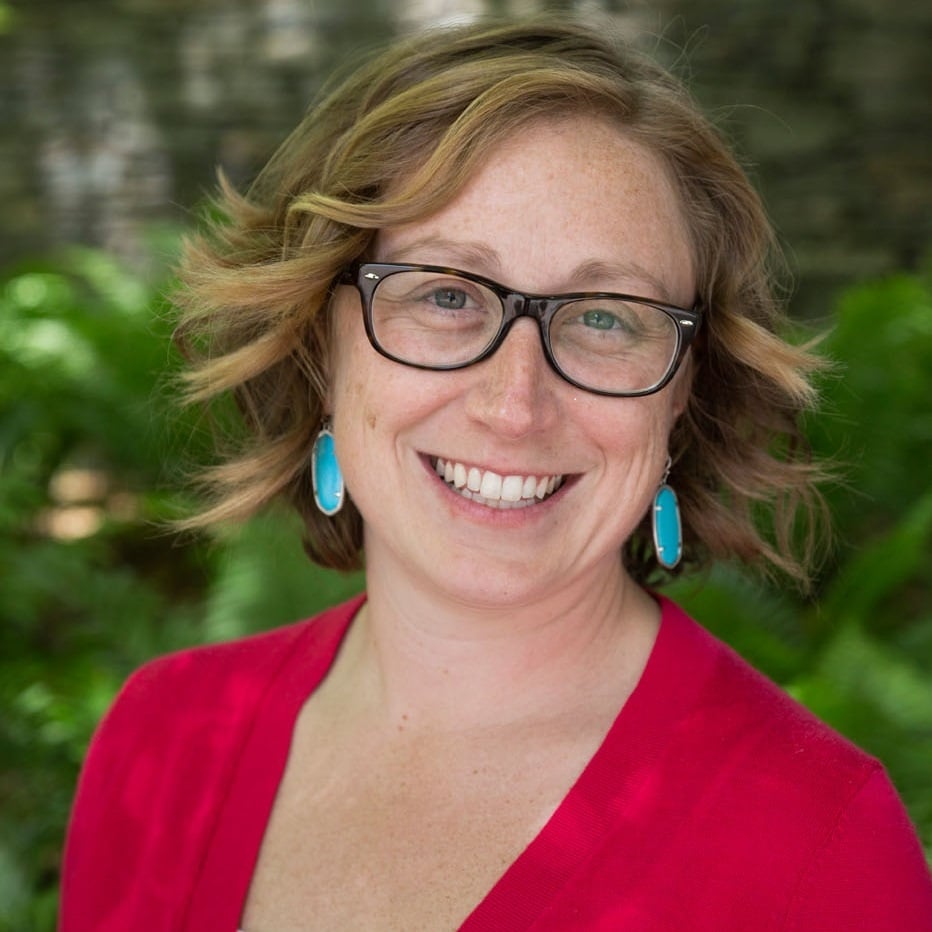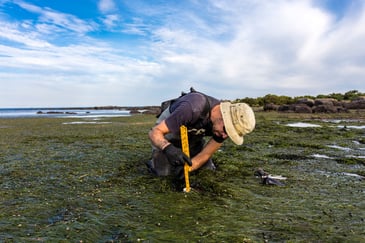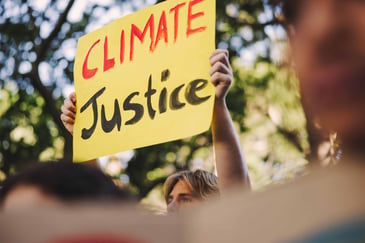4 Ways Sustainability Professionals Can Improve Their Communication Skills

Good communication skills are invaluable in every human interaction, but especially when encouraging and inspiring people toward a shared goal.
It usually isn’t enough to have a great idea. You must be able to share that vision and motivate others to invest themselves. Effective communication skills are the secret to encouraging others to willingly commit themselves to a cause, even when it becomes challenging or requires some sacrifice to self-interest.
For sustainability efforts to be successful, passionate and driven individuals must come together as joint stakeholders in a project and work together, sharing responsibility to see the project through.
But how can you inspire the right individuals to join you in your endeavors? How can you get them to “buy in” as stakeholders and help you to see the project through?
It’s all about communication.
Sustainability is a big, controversial, and complicated topic that requires invested people who are intelligent, well educated, and can articulate the priorities, goals, and vision of a project. As someone interested in sustainability, your ability to convey a story, inspire a group, and rally assistance is vital. Here are four ways you can improve your communication skills and become a more effective leader.
Practice Telling Your Own Story Out Loud
You know why you are passionate about sustainability and invested in efforts to better society and the planet, but often when trying to tell others about our passion, the most compelling details can get lost or passed over.
The most important way to improve your communication is simple: practice. Bard MBA Director Eban Goodstein says, "Whenever I have a new message to deliver, I will run through it out loud five or six times, on a walk in the woods the weekend before, and on the drive to the meeting the day of".
By regularly practicing sharing your story out loud, you are able to find the language to express your unique passion for bringing about shared well-being on a healthy planet. The next time you get a chance to network with a leader in the field, a boss, or other people who are interested in your passion, you will be able to offer a clear and compelling story to connect with them more quickly on whatever you share in common.
Frequently Publish Work and Learn From Feedback
One of the best ways to improve communication skills is to learn from the criticism of others. Take a topic you are passionate about, and begin writing and publishing your work. There are countless spaces for you to put your work out there and receive feedback from readers, including blogs, online journals and magazines, newsletters, public forums, or through social media.
Readers are often honest and opinionated and are not afraid to share their point of view or take on a complicated subject. By engaging in discussions and sometimes disagreements with readers, you will learn to communicate your ideas with greater conviction and clarity. When you treat feedback as a source of growth, constructive criticism can provide opportunities to reevaluate, ensuring that your work is up to date and factually solid. Feedback can also develop into opportunities for dialogue, offering you the chance to defend your position and deepen your understanding of your own work in the process.
Attend A Weekend Intensive Retreat (Like C2C)
C2C stands for Campus to Congress, to Corporation, to City Hall, and to Capitol Hill, emphasizing the importance of sustainable leadership in all of these areas. A weekend program of Bard’s Center for Environmental Policy (CEP), it trains and connects undergraduates and recent graduates aspiring to leadership positions in sustainable politics and business. Weekend workshop retreats are held in early December and March each year, at Bard College, north of New York City in the Hudson Valley.
At each of these weekend intensive retreats, young leaders gather to focus on building a solid base of communication skills that will further their ability to network and lead an audience to invest in their vision. The weekend includes exercises that teach leaders to express empathy and build relationships - crucial aspects of effective leadership and advocacy. Together, in a professional, supportive, and like-minded environment, budding advocates learn the communication skills necessary to pitch their ideas for projects in sustainability and receive feedback from professionals with real-world experience.
Consider An Environmental Graduate Program
While there are many excellent ways to learn and practice new communication skills outside of the classroom, there is unique value in the support of an academic environment. At Bard our Center for Environmental Policy (CEP) offers several graduate degrees, with sustainability fully integrated into the rigorous core curriculum. Students also have the opportunity to participate in an extended professional internship, that integrates theoretical concepts learned in the classroom into real-life situations.
Your communication skills will not only develop through classroom learning, but also through frequent interactions with engaged faculty. Bard faculty members are active researchers and practitioners in their respective fields, and active mentors, working closely with students while they are at Bard and continuing to support alumni after they graduate.
One of the greatest opportunities for students to put into practice and hone their communication skills, is through their Master’s Project. As part of all graduate degrees, students complete a self-driven capstone project, that is a unique result of that particular person's interests and field specific experience. Each project is carefully mentored by at least two Bard CEP faculty and often an outside expert who provides specialized advice. Upon the completion of their capstone project, students engage in a Master’s Seminar - a platform for students to present successive iterations of their capstone research. The seminar allows them to focus on effectively utilizing communication skills to highlight their work, while further refining them through feedback from their peers and the Bard CEP faculty.
Clear Communication Cuts Through the Noise
Discussions surrounding sustainability can often become bogged down by complexity and the varying range of opinions - but clear communication cuts through all that noise. For anyone who is passionate about or interested in sustainability, your ability to concisely and directly communicate your ideas with empathy and enthusiasm is your best tool.
Whether you are presenting to your boss, raising funds, proposing legislation, or encouraging someone else to join you as a stakeholder in shared leadership, your ability to effectively communicate your ideas makes all the difference.
Here at Bard, we are committed to launching our graduates into successful careers for a cause.
Learn more about the skills and tools you need in our full digital resource,
How to Become a Leader in Sustainability.





